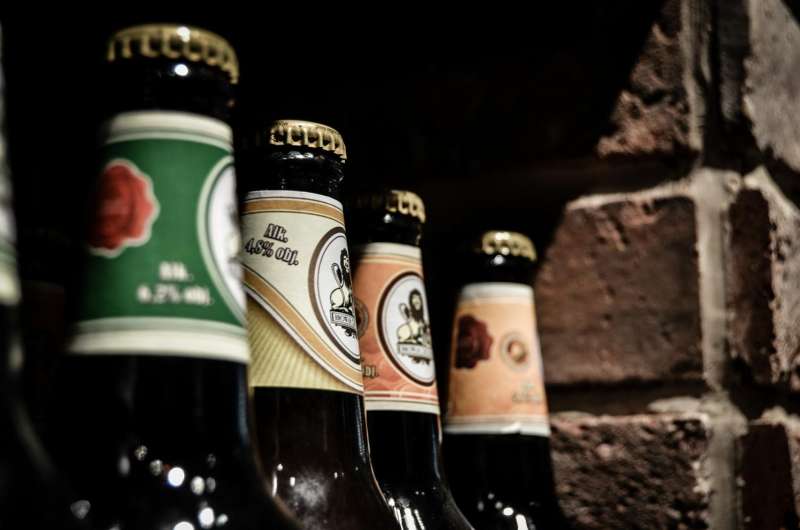Cultural values can be a strong predictor of alcohol consumption

Countries with populations that value autonomy and harmony tend to have higher average levels of alcohol consumption than countries with more traditional values, such as hierarchy and being part of a collective. This new research finding, published today in open-access journal Frontiers in Psychology, may have important implications for international public health organizations aiming to tackle problems associated with alcohol consumption.
Understanding why people drink alcohol excessively is of enormous importance to health authorities around the globe. According to the World Health organization, harmful alcohol consumption caused more than 3.3 million deaths in 2012, 6% of all deaths in that year. It is strongly associated with high blood pressure, liver cirrhosis and chronic pancreatitis, and has a huge social and economic burden.
Many previous studies focused on why, at an individual level, people drink excessively. For the first time, researchers in Portugal and the UK attempted to pinpoint broader societal and cultural predictors of alcohol consumption.
Using alcohol consumption and cultural value orientation data for 74 countries, the researchers modeled whether a country's average level of alcohol consumption could be associated with various societal values such as autonomy, hierarchy, harmony and collectivism.
Although the results were slightly different between men and women, the research found that values of autonomy and harmony are positively associated with alcohol consumption while hierarchy and embeddedness are negatively associated.
One of the study's authors, Dr Richard Inman, at the University of Lusíada in Porto, hopes that the findings may help to inform policy. "Our results suggest that bodies like World Health Organization should prioritize tackling alcohol consumption in countries that are more autonomous and less traditional, and future research should be directed at further understanding the relationship between cultural values and alcohol," he says.
Co-author, Bath University's Dr Paul Hanel says that there is also an obvious next step: "Researchers could create similar profiles and models to help understand the cultural underpinnings for other risky behaviors such as smoking and drug taking, or health issues such as obesity."
Smoking, inactivity and diet, along with excessive alcohol consumption, are the noncommunicable diseases that cause 70% of deaths worldwide.
More information: Frontiers in Psychology (2017). DOI: 10.3389/fpsyg.2017.01963




















